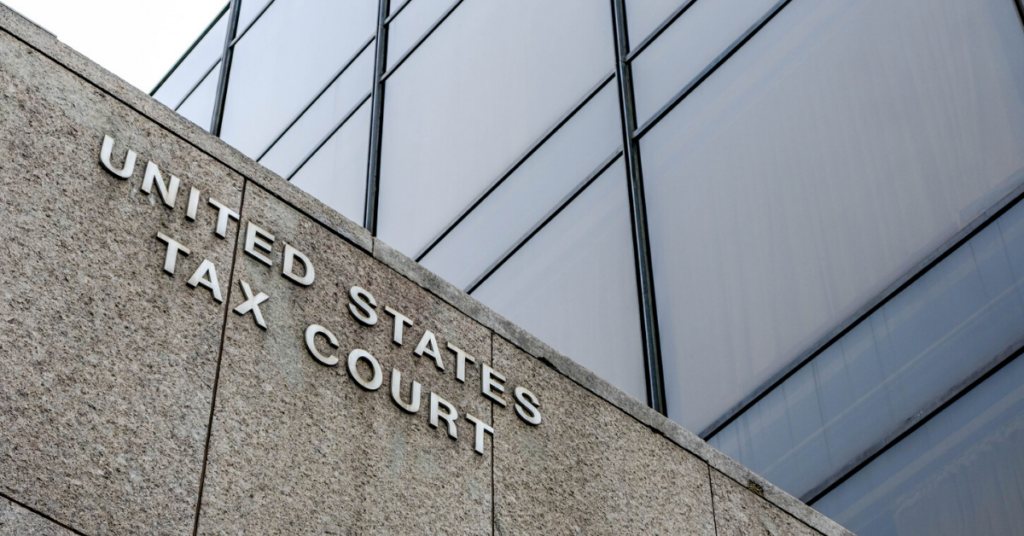
IRS Eases Collection and Enforcement Efforts in Response to COVID-19 Pandemic
The COVID-19 pandemic has presented individuals and businesses with unprecedented challenges. To its credit, the IRS is doing its part to ease these challenges through several taxpayer-friendly initiatives. One of these initiatives, the People First Initiative (the “PFI”), creates a moratorium on certain new IRS enforcement actions and provides relief to a range of existing collection and enforcement matters. The PFI also includes guidance on IRS operations during this emergency period.
The PFI was announced on March 25, 2020, and is expected to continue from April 1, 2020, to July 15, 2020. The range of topics discussed in the PFI includes:
- Enforced collection activities;
- Private debt collection;
- Field, office, and correspondence audits;
- Installment Agreements;
- Offers in Compromise;
- Non-filers;
- Passport certifications to the U.S. Department of State;
- Appeals cases; and
- Statute of limitations enforcement.
The remainder of this article summarizes the relief and guidance applicable to these topics. It is emphasized that they only apply during the term of the PFI – i.e., April 1, 2020, to July 15, 2020, the period described above, plus any extension.
Enforced Collection Activities. The PFI suspends liens and levies (including seizures of personal residences) initiated either by field revenue officers or via automatic procedures. However, in announcing the PFI, the IRS stated: “…field revenue officers will continue to pursue high-income non-filers and perform other similar activities where warranted.”
Private Debt Collection. Newly delinquent accounts will not be forwarded by the IRS to private debt collection agencies to work during the term of the PFI.
Field, Office, and Correspondence Audits. During the term of the PFI, the IRS will generally not start any new field, office, and correspondence examinations. The PFI announcement states, however, that the IRS may start new examinations if “…deemed necessary to protect the government’s interest in preserving the applicable statute of limitations.” In-person meetings are currently suspended with respect to existing audits. However, audits will continue to proceed on a remote basis where possible.
The PFI announcement also states that certain corporate and business taxpayers may wish to begin an examination during this period “…while the people and records are available and respective staffs have capacity.” Here, the IRS may make an exception with the taxpayer’s consent and an understanding that the COVID-19 pandemic and related developments may later reduce audit activities for an agreed upon time.
Installment Agreements. The PFI permits taxpayers with active Installment Agreement obligations to suspend all payments due during the term of the PFI. However, interest will continue to accrue on outstanding obligations. The IRS has also pledged not to place any Installment Agreement into default during the term of the PFI, whether for present or past non-compliance. Should taxpayers find themselves unable to meet their federal tax obligations, the IRS will continue to process new Installment Agreements during the term of the PFI.
Offers in Compromise. Similar to its treatment of Installment Agreement payments, the PFI allows taxpayers to suspend all payments on accepted Offers in Compromise until July 15, 2020. Again, interest will continue to accrue on outstanding obligations. Under the PFI, the IRS will not default an existing Offer in Compromise because of delinquent return filings provided taxpayers file their 2018 and 2019 returns by July 15, 2020.
The IRS will continue accepting applications for Offers in Compromise during the term of the PFI. Pending applicants have until July 15, 2020, to provide any additional requested information and pending applications will not be closed before that date without the applicant’s consent.
Non-Filers. As always, the IRS is encouraging all taxpayers with delinquent returns to file their returns as soon as possible. The PFI announcement states, “[m]ore than 1 million households that haven’t filed tax returns during the last three years are actually owed refunds; they still have time to claim these refunds.”
Passport Certifications to the State Department. The IRS will suspend new certifications to the U.S. Department of State for any “seriously delinquent” taxpayers during the term of the PFI. Such certifications prevent taxpayers from receiving or renewing U.S. passports. The PFI announcement encourages “seriously delinquent” taxpayers to pursue Installment Agreements or Offers in Compromise.
Appeals Cases. The IRS Independent Office of Appeals is still operating, although employees are not holding in-person conferences with taxpayers or representatives. Where available, conferences may be held by telephone or videoconference.
Statute of Limitations Enforcement. The IRS is encouraging taxpayers to extend statutes of limitations that might expire during the term of the PFI. If taxpayers do not agree to extend the statute of limitations, the IRS retains its rights to issue a Notice of Deficiency or otherwise preserve the government’s interest. If a statute of limitations will not expire in 2020, the IRS is unlikely to pursue an extension until at least July 15, 2020.
The complete PFI announcement (IR-2020-59) can be found here.
The IRS undertook to provide more specific information on these policies. We at Smith Debnam continue to monitor these developments closely as part of our comprehensive response to the COVID-19 pandemic. If you have any questions or need assistance with a federal or state tax issue, please contact us.
